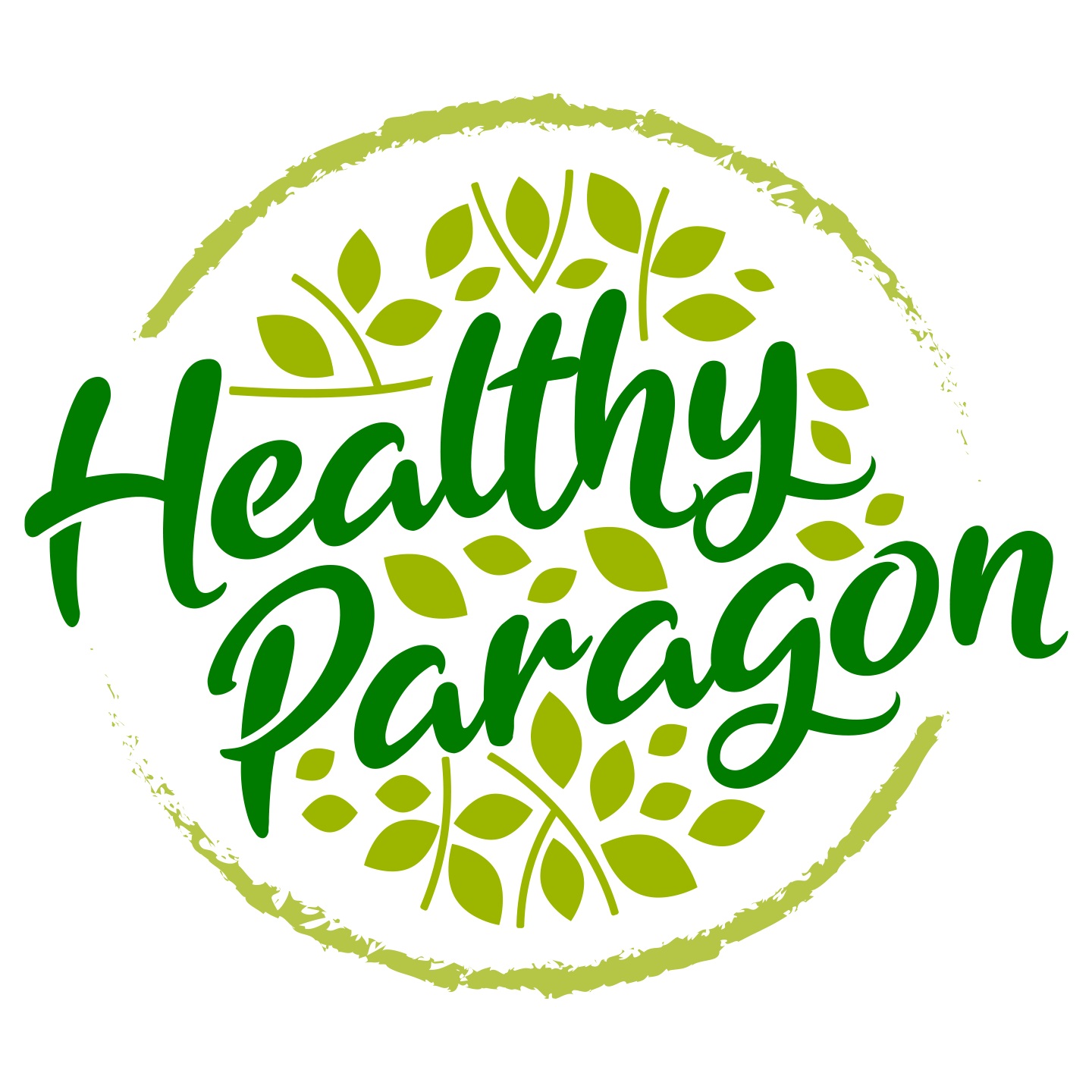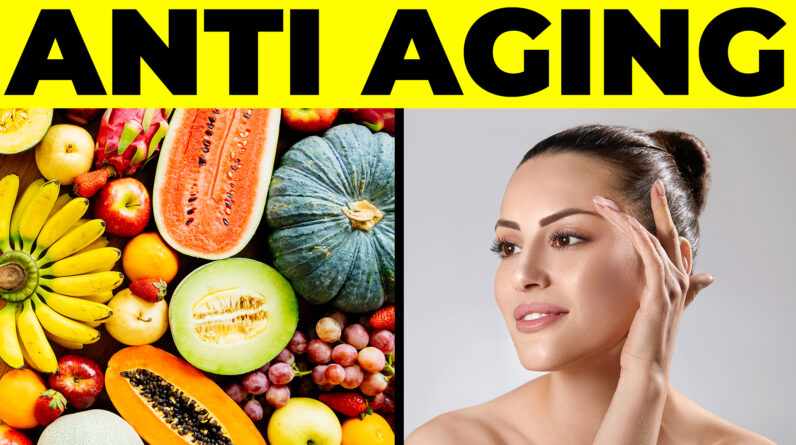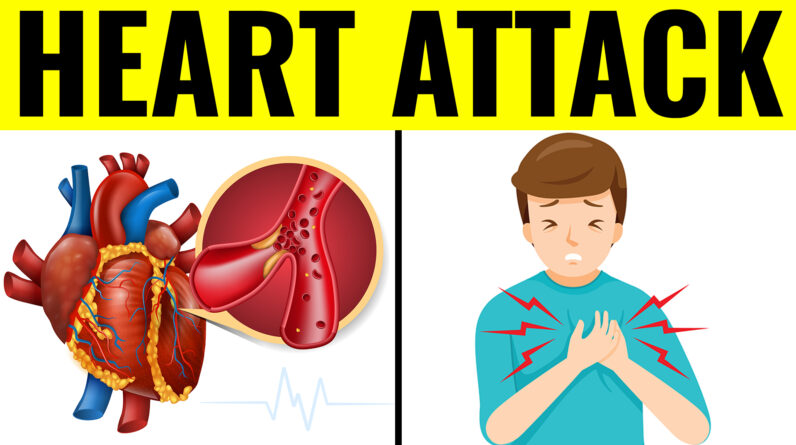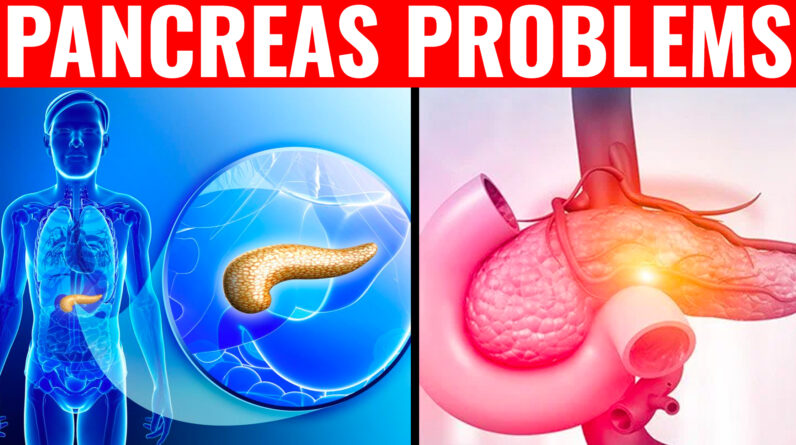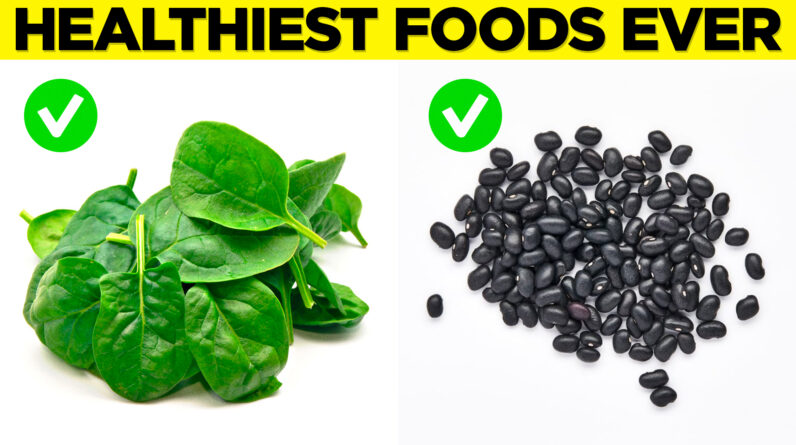
If only there was one superfood that contained all the nutrients we need in the right amounts, life would be much easier, right? Well, such a food does not exist but what does exist is a wide range of super healthy foods that can turn your life around healthwise if you incorporate them into your diet.
In today’s article, we bring you ten of those foods. Let’s get to it.
#1 Blueberries
Almost no nutritionist or expert would argue about how healthy blueberries are. Blueberries are one of the healthiest foods nature has to offer us. There are up to 15 different kinds of phytonutrients in one blueberry, a feat that is mindblowing on its own.
But even more mindblowing is the fact that these phytonutrients are full of powerful antioxidants that guard and protect literally all physiological systems in your body.
Antioxidants are very important chemical substances because of their function in the body. That is, how they protect your cells, tissues, and muscles from damage. They are also very effective at helping vital organs like the heart and brain recover well and fast after an illness.
Besides that, blueberries are chock-full of fiber-rich carbs and this is amazing because it means that blueberries give you better digestion. Plus, they can also help with your fitness goals since fiber keeps you feeling full for longer which means you eat less and, therefore, lose more weight.
Blueberries are also loaded with vitamins and minerals by the truckload. In them you’ll find minerals like iron, zinc, magnesium, potassium, and calcium. You’ll also find vitamins like vitamins A, C, and K. All of these combined will strengthen your bones, help you fight heart disease, keep you from the risk of cancer, and offer yet many other health benefits.
#2 Avocado
Avocado is a superfood through and through and there are so many reasons to start chowing down on these healthy fruits. Whether you’re eating them as they are, or making them into avocado toast, your body will thank you for feeding it something as nutritious as avocado.
In just one avocado, the U.S Department of Agriculture says there are 29 milligrams of magnesium, which is already 7% of your daily magnesium needs. Magnesium is very important because it helps to regulate both blood pressure and blood sugar. Plus, it has been observed that a deficiency in magnesium oftentimes comes with an increased risk for type 2 diabetes.
Another nutrient avocado supplies is fiber which amounts to about 6.75 milligrams per half a fruit or 24% of your daily requirements of fiber. Avocado also contains both monounsaturated and polyunsaturated fats as well.
And in fact, it was reported by the American Heart Association that taking out all your saturated fat sources and replacing them with healthier options like avocado could help reduce a person’s chances of coming down with heart disease.
#3 Dark, Leafy Veggies
Examples of dark, leafy veggies include kale and spinach. They are low in calories and densely packed with nutrients, some of which include vitamins A, C, and K, lutein, iron, fiber, calcium, magnesium, and iron.
Kale, in particular, is an expert-favorite because of how packed with nutrients it is. It is rich in antioxidants which help to fight against a wide range of diseases. Plus, it helps to reduce cholesterol which is great news for your heart. Kale also has this amazing way of cleaning out your body, one reason it is called a great detox food.
#4 Cruciferous Vegetables
You’ve probably found out why cruciferous veggies are so named. But for those who haven’t, well, these veggies are called cruciferous because of the cross-like shape of their petals.
You’ve definitely heard dieticians, nutritionists and other health experts constantly encourage people to eat more of these veggies and that’s because they are bursting with health benefits.
They’ve been known to help lower the risk of cancer, as well as prevent heart attacks and even stroke. So, your mum was right, broccoli is good for you. Not only broccoli but brussels sprouts, cauliflower, bok choy, cabbage, and maca. Maca, by the way, is a Peruvian plant that’s well known for its energy-boosting properties.
All these veggies we’ve just mentioned are full of fiber which help to keep you full and, therefore, indirectly help you lose weight.
They also contain certain biological compounds known as indole glucosinolates. These compounds are very beneficial to the body as they help you maintain the balance of healthy bacteria in your gut.
In addition, they also help to prevent certain digestive issues like Crohn’s disease and ulcerative colitis. Not a lot of studies on this have been carried out on humans but the research shows promise.
#5 Beans
Beans are a literal powerhouse when it comes to nutritional benefits. They supply the body with a high dose of plant-based protein, as well as fiber. Beans can help to lower your cholesterol levels, your blood sugar, and can also help to manage your weight as well. Plus, they are an important factor in ensuring the smooth run of your digestive system.
Every bean type you can possibly think of is great for you. There’s just so much your body gets to benefit from these foods including minerals like magnesium, potassium, and zinc.
When eating beans, though, it’s best not to go for the canned variety. It’s much better to cook your beans yourself at home. If you must eat canned beans, then go for those that are salt-free. Or if you can’t get your hands on those, then make sure you drain your canned beans and wash with sufficient water so you can significantly reduce the sodium content in it. Remember that excess sodium isn’t good for your heart.
#6 Seafood
Many animal products like red meat and processed meats are high in saturated fats and this can increase your chances for heart disease. Not seafood, though. Fish are high in protein and healthy fats, that is, omega-3 fatty acids.
Omega-3 fatty acids are quite beneficial for the body, especially the long chain variety like EPA and DHA. You can also get omega-3s from plant sources such as nuts and flaxseed but these ones give the short type of omega-3 which isn’t as efficiently used by the body as the long-chain types.
Altogether, omega-3 fatty acids are very important in helping to reduce the risk for heart attack and stroke. They help kids grow and develop well, and they also can help to improve your mood and deal with depression.
Now, according to a study published in the journal, Nutrients, in January, 2019, it was found that most people in the United States do not take in enough omega-3 fatty acids, especially women and children. According to the authors, this puts “vulnerable populations at risk for adverse health outcomes.”
As recommended by the American Heart Association, you want to consume about 3.5 ounces or two servings of fish every week. And the fattier the fish, the healthier for you. So, go for fish like salmon, mackerel, herring, and sardines.
#7 Garlic
You probably already knew it was going to make the list of top ten healthiest foods. Garlic is easily one of nature’s superfoods with potent antiviral, antibacterial, and antifungal properties. This is thanks to the presence of a phytochemical in garlic known as allicin. In fact, if you’re currently treating a cold, garlic might be of help. Studies have shown that eating garlic can help to reduce the length of the common cold.
Besides common illnesses like the cold, garlic also helps manage graver conditions such as blood pressure and cholesterol. It is also rich in minerals and vitamins and does not have a lot of calories either which is another reason garlic is a superfood. It contains vitamin B6, vitamin C, and manganese.
To get all the benefits of garlic, you want to eat it fresh, crushed, and only slightly cooked. This is because allicin becomes less potent when you cook for over 10 minutes.
#8 Mushrooms
Mushrooms have long been known to be superfoods and even now, they are still being used in traditional Chinese medicine to help detoxify the body and enhance longevity.
From research, we know that mushrooms have antioxidant, anti-inflammatory, and antibacterial properties. In fact, in the treatment of breast cancer, mycotherapy, which refers to the use of mushrooms as medicine, is currently being used as a complementary treatment. There hasn’t been sufficient research done in this area, though. But a study published in the journal, Oncotarget, in May 2018 shows that there is some potential in this area.
#9 Lemons
When life throws you lemons, definitely do make lemonades. Well, as long as you don’t add sugar, of course. Lemons are good, in fact, great for you.
There is a long list of vitamins and minerals packed in lemon and they all contribute to the health of your digestive system as well as your immune system.
They are also great for your hair and skin too. You see, lemon is rich in vitamin C which produces collagen and keeps your skin protected from the damage of free radicals which can cause skin cancer.
Besides that, lemons also help to increase good cholesterol and reduce inflammation. And if you sip some lemon water throughout the day, you can improve your digestion significantly.
#10 Yogurt
Fermented foods are all the rage right now and for good reason too. These foods are packed with probiotics which are very good for your stomach as they keep your gut healthy and also help to prevent diseases.
For example, the live bacteria in yogurt might be helpful in reducing the risk for chronic inflammatory conditions like Crohn’s disease, ulcerative colitis, and rheumatoid arthritis.
Other fermented foods to add to your fridge include kimchi, kefir, kombucha, sauerkraut, and miso.
Now you know what healthy foods you should start chowing down on. So, get to stocking your pantry and fridge with these amazing superfoods and watch your body transform positively.
